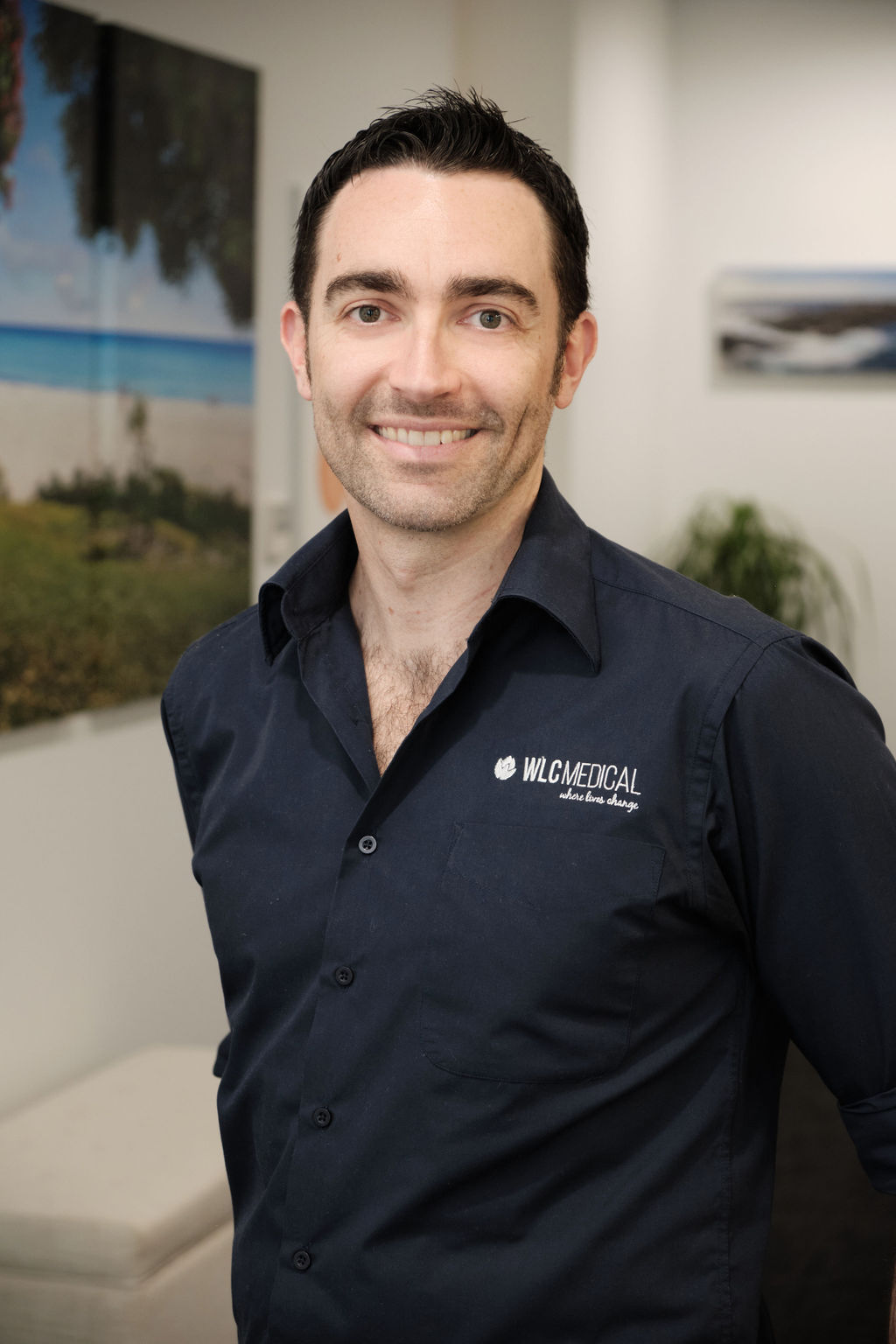Short answer: Heart disease is a broad term for a variety of disorders and conditions that affect the structure and function of the heart muscle.
Long answer:
Heart disease is a group of conditions that includes coronary heart disease, arrhythmias, heart failure and valve disease. Heart disease is a major cause of health problems and deaths in Australia, but it is often preventable.
· Coronary Heart Disease (CHD): Also known as ischaemic heart disease or coronary artery disease. It occurs when fatty material (plaque) builds up in the arteries that supply blood to your heart. This fatty plaque gradually clogs your arteries, reducing the flow of blood.
· Arrhythmias: An abnormal heartbeat or problem with your heart’s natural rhythm. Arrhythmias occur when the electrical signals which control your heartbeats do not work properly and cause your heart to beat too fast, too slow or irregularly. There are different types of arrhythmias, including atrial fibrillation (A-Fib), atrial flutter (AFL), supraventricular tachycardia (SVT), ventricular tachycardia, ventricular fibrillation, long QT syndrome (LQT), bradycardia, and ectopic beats.
· Heart Failure (HF): Heart failure can occur when your heart cannot pump blood efficiently; meaning that not enough blood can be pumped around the rest of your body. Often it is because your heart has become weakened or too thick and stiff to pump effectively. There are four types of heart failure: diastolic, systolic, right-sided and left-sided.
· Valve disease: One or more of the valves in your heart doesn’t work properly. Your heart has four valves that keep blood flowing in the correct direction. In some cases, one or more of the valves don’t open or close properly. This can cause disruption of the blood flow that circulates throughout your body from your heart.
How can you prevent heart disease?
In many cases, you can significantly reduce your risk of heart disease by improving your lifestyle choices. A few things that you can do to help reduce your risk are:
· Eat well: A healthy diet can help protect your heart, improve your blood pressure and cholesterol levels, and reduce your risk of type 2 diabetes. WLC Medical’s dietitian Andrea Kunneke can help keep you on track with a healthy eating plan.
· Don’t smoke or use tobacco: One of the best things you can do for your heart is to stop smoking or using smokeless tobacco. Even if you’re not a smoker, be sure to avoid second hand smoke.
· Get moving: Regular daily physical activity can significantly lower your risk of heart disease. Physical activity helps you control your weight and reduce your chances of developing other conditions that may put a strain on your heart, such as high blood pressure, high cholesterol and type 2 diabetes. WLC Medical’s physiotherapist Adam Johnston is available to assist you with any mobility issues that can hold you back from an active life.
· Get good quality sleep: Lack of sleep can do more than leave you yawning; it can harm your health. People who don’t get enough sleep have a higher risk of obesity, high blood pressure, heart attack, diabetes and depression. Most adults need at least seven hours of sleep each night. If you feel your sleep is being affected, WLC Medical have partnered with Somnocare to setup Home Sleep Studies within the clinic.
· Manage stress: Some people cope with stress in unhealthy ways – such as overeating, drinking or smoking. Finding alternative ways to manage stress – such as physical activity, relaxation exercises or meditation, can improve your heath. WLC Medical’s psychologist Dave Simich can assist you with any stress related problems that you may have trouble coping with on your own.
· Get regular health screenings: High blood pressure and high cholesterol can damage your heart and blood vessels. Regular screening can inform you if any levels are outside of the norm and help you decide whether you need to take action.
While some types of heart disease can be prevented, most can’t be cured. However, it is possible to manage heart disease and live well.

